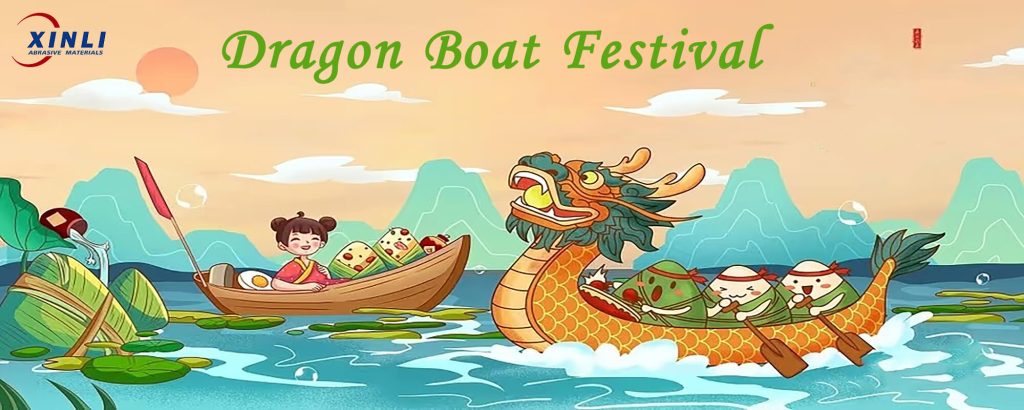Welcome to Zhengzhou Xinli Wear-Resistant Material Co. Ltd.
Welcome to Zhengzhou Xinli Wear-Resistant Material Co. Ltd.
 The most widely circulated saying about the origin of the Dragon Boat Festival is to commemorate Qu Yuan, a great patriotic poet of the Chu State during the Warring States Period. Qu Yuan was loyal to the emperor and patriotic throughout his life, but was exiled because of slander. When the Chu State was destroyed, he was heartbroken that his country was broken and the people were separated, and he committed suicide by jumping into the Miluo River on the fifth day of the fifth lunar month. The local people were grief-stricken upon hearing the news, and they rowed boats to salvage his body and threw rice dumplings into the river to prevent fish and shrimp from eating his body. This legend has been passed down for thousands of years and has become the core cultural symbol of the Dragon Boat Festival – the spirit of loyalty and patriotism.
The most widely circulated saying about the origin of the Dragon Boat Festival is to commemorate Qu Yuan, a great patriotic poet of the Chu State during the Warring States Period. Qu Yuan was loyal to the emperor and patriotic throughout his life, but was exiled because of slander. When the Chu State was destroyed, he was heartbroken that his country was broken and the people were separated, and he committed suicide by jumping into the Miluo River on the fifth day of the fifth lunar month. The local people were grief-stricken upon hearing the news, and they rowed boats to salvage his body and threw rice dumplings into the river to prevent fish and shrimp from eating his body. This legend has been passed down for thousands of years and has become the core cultural symbol of the Dragon Boat Festival – the spirit of loyalty and patriotism.